|
|
Paid search advertising remains one of the most effective ways for businesses to generate high-intent traffic, increase brand visibility, and drive conversions. Unlike organic search strategies, which take time to yield results, paid search ads provide immediate exposure and allow businesses to position themselves in front of customers who are actively searching for products or services. However, the key to success lies in how well a campaign is structured, optimized, and continuously refined.
Many advertisers assume that setting up a Google Ads campaign is enough to guarantee success. In reality, without strategic planning and continuous optimization, paid search efforts can quickly become inefficient, leading to wasted ad spend and underwhelming results. From choosing the right keywords and crafting compelling ad copy to improving Quality Score and optimizing bidding strategies, every aspect of a paid search campaign plays a crucial role in determining its effectiveness.
With insights from WiFi Digital, a leader in digital marketing and PPC optimization, this expert guide explores the best practices that help businesses maximize their paid search advertising efforts. By focusing on data-driven strategies, audience segmentation, ad relevance, landing page optimization, and bid management, businesses can enhance their return on investment (ROI) and achieve sustainable growth.
Selecting and Refining Keywords for Maximum Impact
Choosing the right keywords is the foundation of a successful paid search campaign. Keywords determine when and where ads will appear, influencing both click-through rates (CTR) and conversion potential. Businesses that invest time in keyword research and refinement are better positioned to target high-intent users and reduce wasted spend on irrelevant searches.
An effective keyword strategy begins with identifying high-converting search terms that align with user intent. Transactional keywords, which indicate strong purchase intent, typically yield the best ROI. For example, a keyword like “buy running shoes online” is far more valuable for an e-commerce brand than “best running shoes for jogging,” which suggests informational intent rather than readiness to purchase.
To further refine targeting, businesses should implement negative keywords to filter out low-intent searches that drive clicks but fail to convert. By continuously monitoring search query reports, advertisers can identify and exclude terms that result in wasted ad spend. Additionally, leveraging a combination of exact match, phrase match, and broad match modifiers allows for precise targeting while maintaining flexibility to capture valuable variations of search queries.
Advanced keyword strategies also involve dynamic search ads (DSAs), which automatically generate ads based on website content. While DSAs can help uncover valuable keyword opportunities, they require careful monitoring to ensure that ads remain relevant and aligned with business goals. By continuously refining keyword selection and match types, businesses can drive higher-quality traffic and improve overall campaign efficiency.
Crafting High-Performance Ad Copy to Improve Engagement
A well-crafted ad not only attracts clicks but also pre-qualifies users, ensuring that those who click on the ad are genuinely interested in the offer. Effective ad copy combines compelling messaging, keyword relevance, and a clear call to action (CTA) to maximize engagement and conversion rates.
The most successful paid search ads focus on addressing user pain points while highlighting unique value propositions. Rather than generic product descriptions, ad copy should emphasize what sets a business apart from competitors. A strong headline immediately captures attention, while the description reinforces key selling points such as pricing, promotions, benefits, or guarantees.
One of the best ways to improve ad relevance is by utilizing ad extensions, which provide additional information and encourage user interaction. Sitelink extensions direct users to specific landing pages, call extensions make it easy for users to initiate contact, and structured snippet extensions highlight key features of a product or service. Including these extensions enhances ad visibility and provides users with multiple ways to engage.
Another essential practice is A/B testing different variations of ad copy to determine what resonates best with the target audience. Testing different headlines, CTAs, and value propositions allows advertisers to optimize for higher CTR and conversion rates. Additionally, responsive search ads (RSAs) automatically test multiple ad combinations, helping businesses identify top-performing messaging without manual adjustments.
By crafting engaging, benefit-driven ad copy and leveraging extensions to enhance visibility, businesses can significantly improve ad engagement and overall paid search performance.
Optimizing Landing Pages for Higher Conversion Rates
Even the most well-optimized paid search campaign will fail if the landing page experience does not align with user expectations. When users click on an ad, they should land on a page that reinforces the ad’s message, provides a seamless browsing experience, and guides them toward the desired action.
A high-converting landing page should be fast-loading, mobile-friendly, and free from distractions. Google prioritizes landing pages that provide a smooth user experience, meaning that slow load times, cluttered designs, and unnecessary navigation elements can hurt both conversion rates and Quality Scores.
Message consistency is another critical factor in landing page optimization. The headline, offer, and CTA presented on the landing page should closely match the ad that led users there. A disconnect between ad messaging and landing page content can increase bounce rates and reduce conversion potential.
To further enhance landing page effectiveness, businesses should include trust signals such as customer reviews, testimonials, security badges, and clear return policies. These elements help establish credibility and reassure users that they are making a safe and informed decision.
Implementing A/B testing for landing pages is essential for continuous improvement. Testing different layouts, CTAs, and content variations helps determine what drives the highest conversion rates. Additionally, businesses should track heatmaps and session recordings to analyze user behavior and identify friction points that may be hindering conversions.
By ensuring that landing pages are optimized for speed, consistency, and usability, businesses can significantly improve conversion rates and increase the effectiveness of their paid search campaigns.
Leveraging Smart Bidding Strategies to Maximize ROI
Bid management is one of the most complex yet crucial aspects of paid search advertising. Choosing the right bidding strategy can mean the difference between profitable campaigns and overspending with minimal returns. Google Ads offers both manual and automated bidding strategies, each serving different campaign objectives.
Manual bidding provides advertisers with full control over CPC adjustments, making it ideal for campaigns that require precise budget management. However, it requires constant monitoring and optimization, which can be time-consuming. On the other hand, automated bidding strategies leverage machine learning to optimize bids based on conversion probability and competition levels.
For businesses looking to drive conversions efficiently, Maximize Conversions and Target CPA (Cost-Per-Acquisition) bidding strategies adjust bids automatically to meet predefined goals. These strategies are particularly useful for campaigns with well-established conversion tracking, as they allow Google to optimize for the highest-performing opportunities.
If revenue generation is the primary objective, Target ROAS (Return on Ad Spend) bidding ensures that ad spend is allocated to clicks that are most likely to generate sales. This strategy is particularly effective for e-commerce businesses that need to maintain profitability while scaling their ad efforts.
Smart bidding strategies also consider real-time signals, such as device type, location, time of day, and audience behavior, ensuring that bids are optimized based on the most relevant factors. By testing and refining bidding approaches, businesses can increase efficiency, lower acquisition costs, and improve overall campaign performance.
Mastering paid search advertising requires a data-driven approach that focuses on continuous optimization. From refining keyword strategies and crafting compelling ad copy to improving landing page experiences and leveraging AI-driven bidding techniques, every element of a campaign plays a crucial role in determining success.
Businesses that treat paid search as a dynamic, evolving strategy rather than a set-it-and-forget-it approach will achieve the best results. By regularly analyzing performance metrics, conducting A/B testing, and staying ahead of industry trends, advertisers can maximize ROI and drive sustained growth.
With expert guidance from WiFi Digital, businesses can implement high-impact paid search strategies that enhance efficiency, increase conversions, and outperform competitors. Now is the time to refine your paid search campaigns and take your advertising efforts to the next level.
WiFi Digital: Connecting Businesses to the Digital Future
In today’s fast-paced world, where a strong digital presence is essential for business growth, WiFi Digital emerges as a strategic partner for small and medium-sized businesses (SMBs). Founded in 2023 and based in London, Ontario, the company has a clear mission: to provide affordable, high-quality solutions that help businesses thrive online. With an experienced and passionate team, WiFi Digital goes beyond simply creating websites and marketing strategies. Its purpose is to empower entrepreneurs, strengthen brands, and give clients more free time to focus on what truly matters – growing their business and improving their quality of life.
WiFi Digital develops websites that authentically and professionally represent your brand, optimizes systems and digital marketing strategies to enhance visibility and return on investment (ROI), and offers affordable, customized solutions, ensuring that businesses of all sizes have access to effective growth tools. With transparency, partnership, and innovation, the company provides each client with the necessary support to achieve real results.
Business digitalization is not just about numbers or metrics. It directly impacts entrepreneurs’ well-being, bringing more organization, efficiency, and freedom to focus on what truly matters. WiFi Digital understands that by investing in digital solutions, businesses gain time, reduce operational stress, and create opportunities to connect better with their customers. A well-structured online presence not only increases sales but also strengthens the public’s trust in the brand.
Beyond technical expertise, WiFi Digital’s key differentiator is its commitment to people. The company values genuine relationships, creates tailored strategies, and works side by side with clients to ensure that every solution meets their specific needs. If you’re looking to boost your brand, attract more customers, and still have more time to focus on what truly matters, now is the time to act!
💡 Transform your digital presence with experts who understand your needs.
📩 Contact us now: contact@wifidigital.ca
🌍 Learn more: www.wifidigital.ca
🚀 Your growth starts here!




